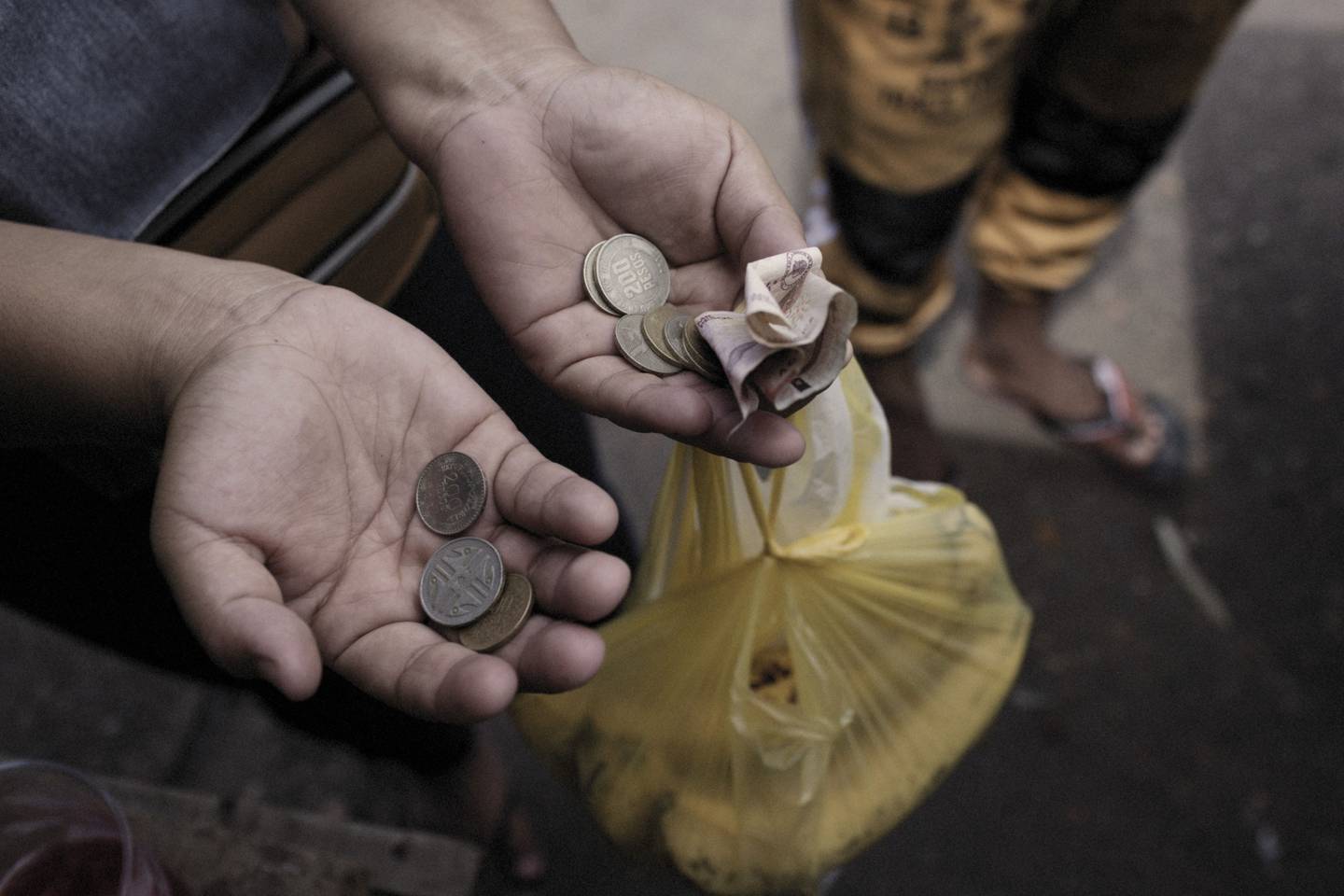President Mario Abdo Benítez of Paraguay has signed Decree No. 9.584/23, establishing an adjustment to the current minimum wage.
The new minimum wage will be set at 2,680,373 Paraguayan guaraníes, approximately US$383 US dollars.
This adjustment represents a 5.1 percent increase compared to the previous minimum wage, amounting to a rise of 130,066 guaraníes (around US$19).
The new minimum wage will come into effect on July 1, benefiting approximately 400,000 private sector workers across all specified and unspecified activities.

The readjustment also applies to minimum wages in specific transportation, agriculture, and livestock sectors.
The calculation is based on the annual variation of the Consumer Price Index (CPI) and its impact on the national economy, as measured by the Central Bank of Paraguay (BCP).
The National Council of Minimum Wages (Conasam) proposes these adjustments in June each year, following Article 255 of the Labor Code.
However, representatives of major workers’ unions argue that the current minimum wage experiences an annual devaluation of around 30 percent.
They have requested an increase to 3,500,000 guaraníes (approximately US$500).
The Ministry of Labor, Employment, and Social Security regulates and publishes the salary adjustments mandated by the Executive Power.
According to the Ministry’s data, 23.4 percent of private sector workers, 6 percent of domestic workers, and 9.2 percent of public sector workers currently earn the minimum wage.
Additionally, out of the total number of employed individuals in the country (estimated at 2,010,742), approximately 840,332 private and public sector workers earn less than the basic minimum wage.
Paraguay ranks fourth in terms of the highest minimum wages in the region, trailing behind Uruguay, Chile, and Ecuador.

